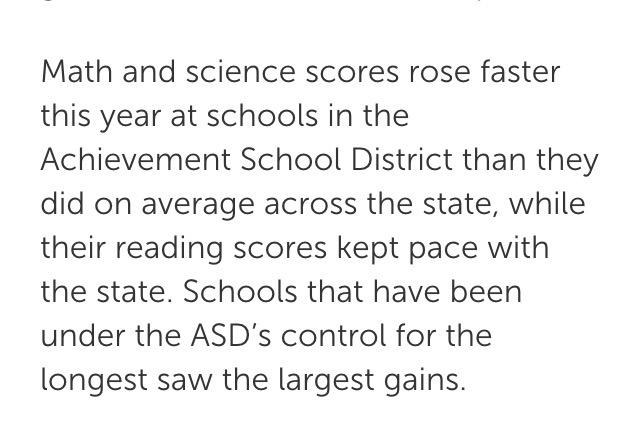Franklin County teacher Lucianna Sanson writes about her take on Diane Ravitch’s speech in Nashville last week:
This week, Nashville was honored when Diane Ravitch spoke at an event hosted by a group of local grassroots education activists: TREE (Tennesseans Reclaiming Education Excellence), Momma Bears (a blog run by some fierce parent activists), and the TnBATs (BadAss Teachers Association) at Vanderbilt University at 6:30 p.m. on Wednesday, November 19, 2014. Diane was in town to speak at a CTE conference, but she graciously spent her night speaking with, and to, a room full of approximately 400 teachers, parents, administrators, students, reporters, and concerned citizens.
Diane spoke at length about education reform and the venture capitalist agenda that is behind the movement. In the interest of selling this agenda, which includes privatizing public education, education reformers are fond of calling education “the civil rights issue of our time.” Ironically, they cast themselves in the mold of great civil rights leaders like Martin Luther King and the Freedom Riders. Diane Ravitch pointed out the hypocrisy of this by stating that rather than uplifting African Americans and other People of Color through community schools with wrap-around services, the Reformers promote Charters and Vouchers, which re-segregates schools rather than bringing, or keeping, diverse communities together.
Dr. Ravitch spoke about Charter schools, an issue that is particularly troubling for Tennessee because Memphis City/Shelby County has been taken over by the Achievement School District, or ASD, which is modeled after the Recovery School District, or RSD, in New Orleans. This is very troubling because New Orleans only has five public schools remaining in the city. The communities of New Orleans no longer have any ownership or say-so about their own schools. Memphis residents are aware that their schools are being taken over, not to help their students and communities, but to make corporations richer. Residents are fighting back and speaking out against Charter school takeovers.
Teachers, parents, and other invested stakeholders are attending neighborhood meetings, holding signs, and speaking to the ASD, local boards, and local leaders. They are asking for their schools to be funded, not sold to the highest bidder. While Memphis is in the eye of the storm, the ASD has reached out to Nashville and is now attempting to take over schools there. The citizens of Nashville are resisting as well, and part of that resistance has taken the form of grassroots organizations holding ed reform awareness workshops, talking with lawmakers, speaking out at BOE meetings, blogging about the truth of ed reform, and working with the local state teacher’s association to raise awareness regarding these issues.
Diane encouraged Tennesseans to continue to work together in solidarity to fight ed reform. She encouraged us, as teachers, parents, students, community leaders, and citizens, to be pro-active in speaking up and speaking out. As a teacher, and a parent, a citizen, and a local education activist, I am encouraged by her words, emboldened by them, and inspired by them. I, as well as many others in Tennessee, have become an outspoken advocate for our public schools. In that spirit, I have included the short speech I gave from the TREE, BEARs, and BATs event. It is a call to action, a call to work in solidarity, and a call for all local activists to stay strong, stay focused, and continue to work together. As Diane reminded us, “First they ignore you, then they laugh at you, then they fight you, then you win.” – Mahatma Gandhi
Here’s my report on the Ravitch event.
And here’s an article Sanson wrote earlier this year about the ASD.
For more on education politics and policy in Tennessee, follow @TNEdReport
